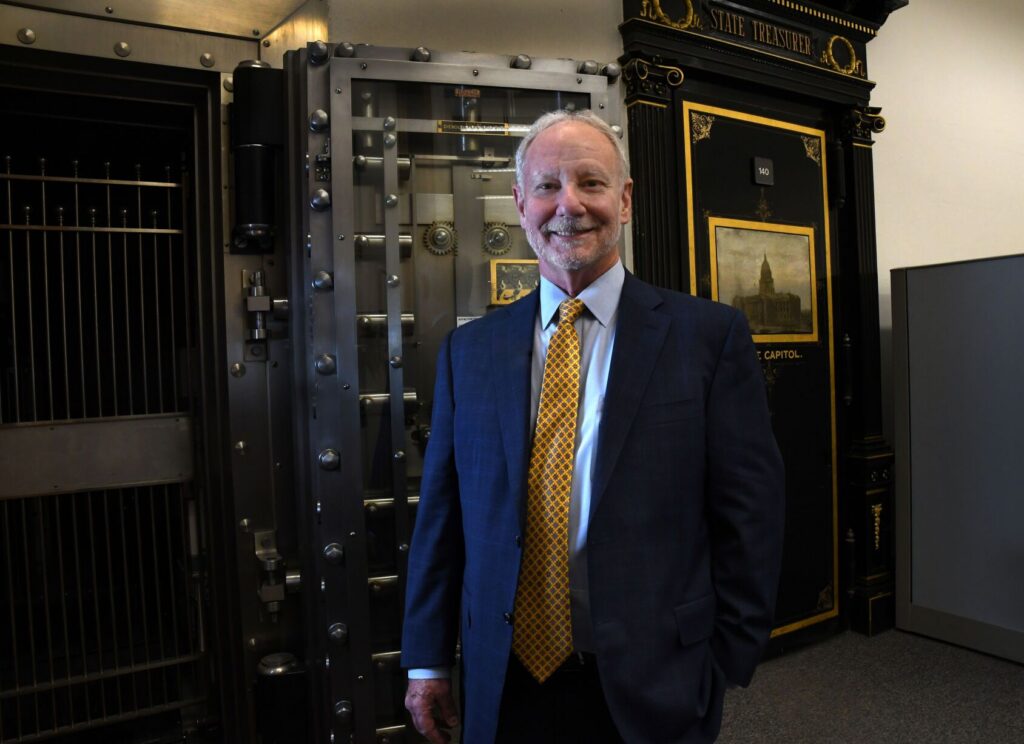Appeals court finds no connection to local government necessary to enforce open meetings law
For the first time, Colorado’s second-highest court ruled last week that every person in the state may challenge governmental compliance with the open meetings law, regardless of whether they have a connection to the government body at issue.
In 2014, state legislators amended the open meetings law to allow “any person” whose rights were denied to sue a government entity for alleged open meetings violations. Recently, two trial judges came to opposite conclusions about whether a plaintiff anywhere in Colorado has suffered an injury when a local government far away violates the law.
Siding firmly with those seeking to enforce the law, a three-judge panel for the Court of Appeals emphasized that “any person” means any person, and plaintiffs do not have to explain their motivations for alleging an open meetings law violation.
“The OML doesn’t require a plaintiff to provide a reason for seeking access to an open meeting, prove their proximity or connection to the political subdivision that is holding the meeting, explain the existence of an individual interest in the topic discussed during the meeting, or justify the purposes for which the impermissibly withheld information could have been used,” wrote Judge W. Eric Kuhn in the May 23 opinion.
Although the appellate panel’s decision was grounded in the text of the law itself, the litigants and their supporters sounded the alarm about the potentially disastrous effects if the Court of Appeals chose a narrow or expansive interpretation.
In the underlying case, attorney Matt Roane sued the Elizabeth School District in Elbert County, alleging the school board improperly announced a closed-door session at its meeting on April 10, 2023. The alleged violation prevented Roane from “knowing the particular matter the Board discussed” with the required level of detail, he wrote.
In October, District Court Judge Theresa Slade rejected the district’s argument that Roane, who lives in Pagosa Springs, had no connection to Elizabeth at all. She reasoned that Roane, as a resident of Colorado, had a protected interest in having public entities comply with the open meetings law.

The Ralph L. Carr Colorado Judicial Center in downtown Denver houses the state Supreme Court and Court of Appeals.
Slade’s decision ran contrary to a 2022 order from then-District Court Judge Stephen E. Howard in Boulder County, who believed it “makes sense” that a Colorado resident can sue a statewide body for an open meetings violation, but not any local entity without limitation.
To the Court of Appeals, Elizabeth School District largely characterized Roane as a bad-faith actor not covered by the open meetings law. The district accused him of “taking advantage” of small districts by hunting for violations “that have not impacted him at all.”
The Colorado Association of School Boards and Colorado Rural Schools Alliance submitted a brief in support of the district, claiming Roane’s approximately 100 lawsuits alleging “minor and/or technical violations” were predatory and self-serving.
“Roane does not care about the subject of the legal advice nor does he care about the specific subjects being discussed by the myriad of other boards he has sued under the guise of enforcing transparency,” wrote attorney Rachel Amspoker. Roane’s actions “have diverted critical funds away from kids and classrooms around the state.”
In response, Roane contested his portrayal as “the bad guy,” when the governmental entities were the ones allegedly violating the law.
“Frankly, there has never been so much collective energy invested into complying with the OML since Roane started actively suing public bodies who don’t,” he wrote. “And that outcome is exactly what the General Assembly designed the OML’s enforcement mechanism to accomplish.”

New Speaker of the House Alec Garnett begins his leadership role during the first legislative day of the 73rd General Assembly at the Colorado State Capitol on Jan. 13, 2021.
The ACLU of Colorado and the Colorado Freedom of Information Coalition wrote separately in support of Roane, noting an overly restrictive interpretation of the law would mean watchdog organizations and the media could not assert open meetings violations elsewhere in the state. Elizabeth School District clarified it was not advocating for a strict geographic tie to a local government, only that a plaintiff have “some legitimate interest in the business before a local public body.”
The Court of Appeals panel concluded neither a geographic relationship nor a “legitimate interest” were required to challenge an open meetings law violation.
“By stating that any person denied one of the rights conferred on the public has standing to sue, the General Assembly chose to create a broad right with statewide reach,” Kuhn explained. “A person has a protected interest under the OML by virtue of being a member of the public, not by virtue of the person’s relationship with the public body or based on the nature of their individual interest in the underlying meeting.”
He added the General Assembly could have added such a limitation if it wanted to. But comments from the sponsors of the 2014 bill corroborated Roane’s interpretation of the law.
The case is Roane v. Elizabeth School District.











